Organic Compost vs. Organic Fertilizer: Pros, Cons & Differences
-
Pete Ortiz
- Last updated:
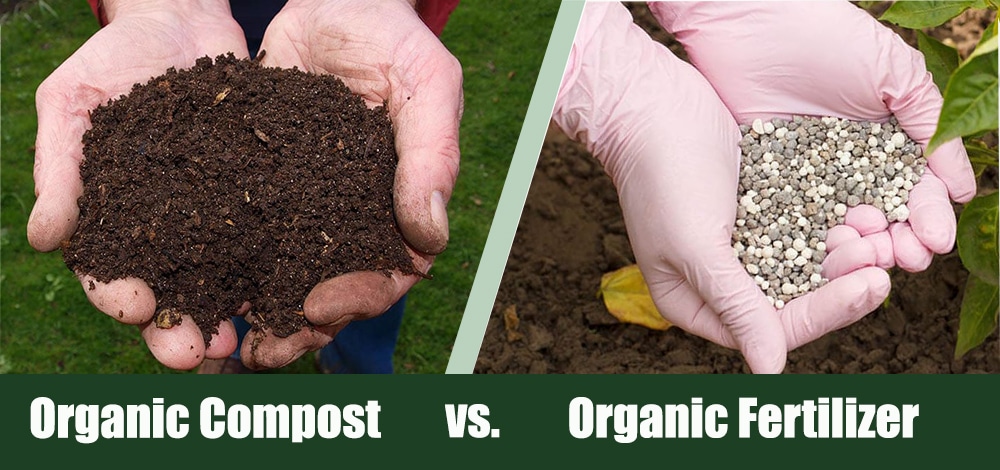
If you are into gardening, there are two terms that come up frequently, and those are fertilizer and compost. Many people rave about different types of fertilizers and organic compost that help their plants grow larger and faster than ever before. Some people use these two terms interchangeably. Is compost the same as fertilizer? Is fertilizer compost? The answer is no. Compost and fertilizer are two very different things that target different parts of your garden.
This overview will go over the basics of organic compost and organic fertilizer and highlight the key differences, including pros and cons and some common questions.
Overview of Organic Compost
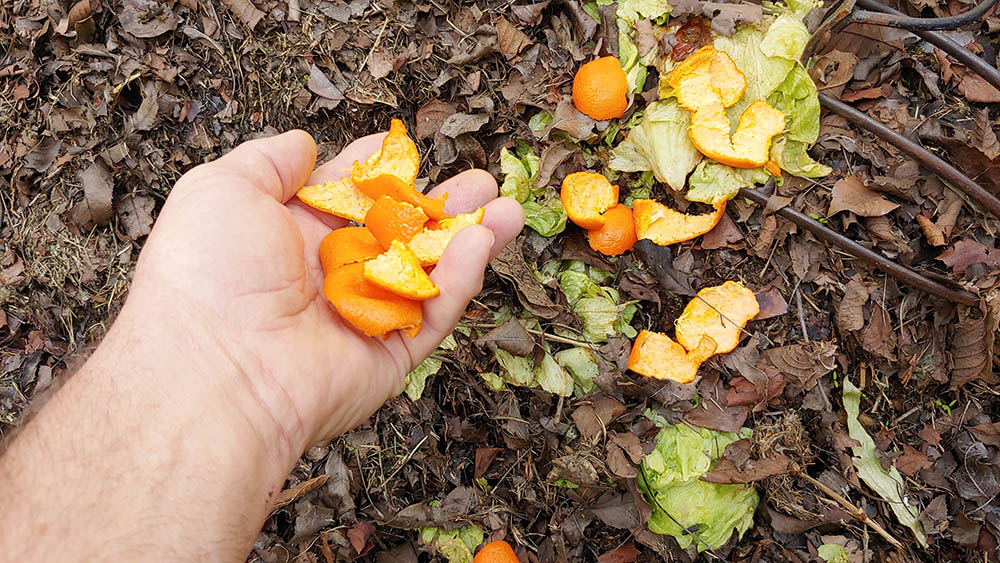
What Does Compost Do?
Compost uses a mixture of natural and organic materials to create food for soil. Soil naturally has a ton of microbes, bacteria, and nutrients that plants love. Compost creates a mixture that enhances these microbes and nutrients to boost soil health. Compost can be used to regenerate lacking soil or replenish missing nutrients from overused soil.
Organic Compost vs. Non-Organic Compost
Organic compost is a compost mixture that contains entirely organic materials. Non-organic compost is a compost mixture that contains organic and non-organic materials. Compost must include organic materials, as a rule, so non-organic compost adds special additives to speed up or stabilize a compost pile. Most compost is 100% organic. Non-organic composts are rare and are usually only used on large commercial scales. Anyone who maintains a compost pile at home usually maintains an organic compost pile without even realizing it.
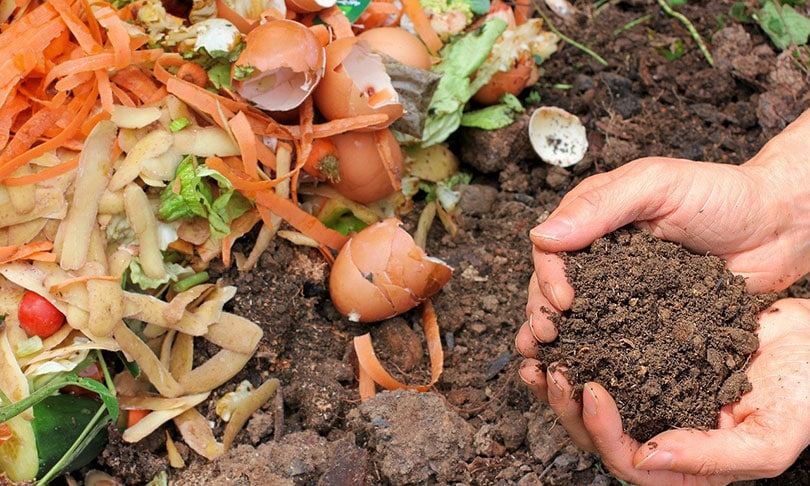
When to Use Organic Compost
Organic compost should be used in situations where you want to enhance your natural soil. Organic compost should be added before you plant new plants or to replenish overworked soil after a strong growth period. You can use organic compost to help gain or maintain an organic label if you are growing plants for sale at a market. Vegetables and fruits can only be labeled organic if they use entirely organic materials throughout the entire growing process, including organic compost.
Organic compost is not a fertilizer, so it will not rescue struggling plants. If you find you have plants that are not thriving or are dying, compost will not turn them around. Those plants likely need fertilizer or a change in watering habits and not compost.
- Easy to obtain
- Can be made at home
- Replenishes soil
- Affordable
- Takes a long time to do yourself
- Costs money if you need to buy online
- Is helpful but won’t rescue struggling plants on its own
Overview of Organic Fertilizer
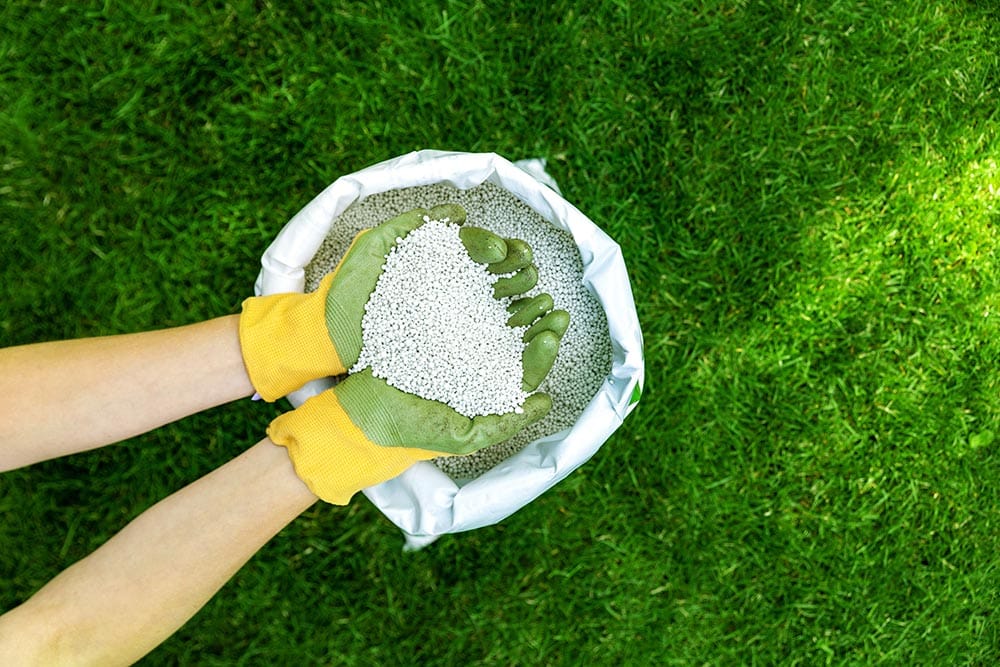
What Does Fertilizer Do?
Fertilizer uses natural materials to give helpful nutrients directly to plants. Plants thrive on nitrogen and carbon, as well as certain minerals. Fertilizers bundle these helpful compounds into an easily digestible base that instantly gives plants a healthy boost. Fertilizer is also called plant food for this reason. Fertilizer is great to add to young plants that need lots of nutrients to grow or to struggling plants that seem to be lacking in nutrients.
Organic Fertilizer vs. Non-Organic Fertilizer
Organic fertilizers are fertilizers derived from entirely natural organic materials. Organic fertilizer is derived from organic minerals, plants, or animals. Non-organic fertilizers are derived from non-organic sources. Many non-organic fertilizers are enhanced in a lab or entirely created from synthetic materials. Scientists have worked for years to create perfect synthetic compounds that are specially designed to feed specific types of plants, but these compounds are not organic.
- Manure
- Bone meal
- Worm castings
- Peat
- Bat guano
- Ammonium nitrate
- Potassium sulfate
- Superphosphate
If your fertilizer includes any of these chemical compounds, it cannot be considered an organic fertilizer.
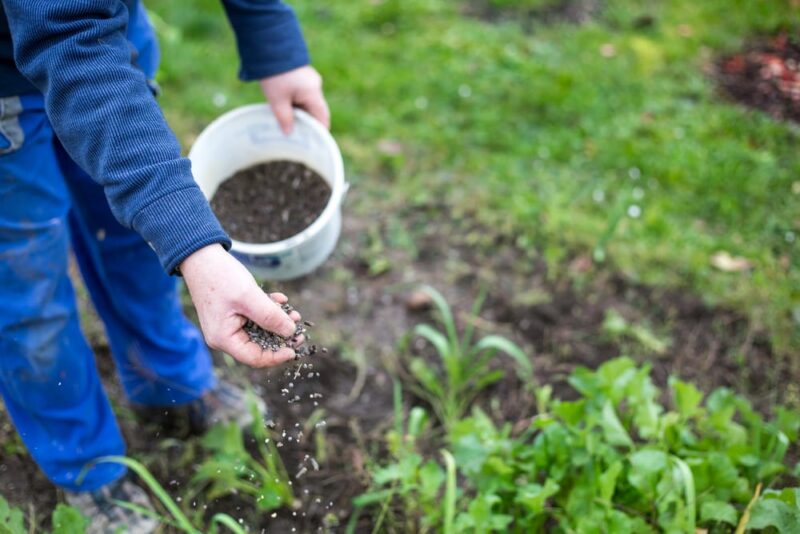
When to Use Organic Fertilizer
Organic fertilizer is a great choice for many gardens. There are a few times when organic fertilizers work the best. First, you can make many types of organic fertilizers at home. You can get a worm casting set up to raise your own worms to create worm castings. If you have livestock like cows, horses, or sheep, you can collect fresh manure from your own yard to use as fertilizer. Organic fertilizer also helps maintain an organic label for sale purposes. Some people prefer the natural organic nature of manure over the synthetic nature of something like ammonium nitrate.
The problems with organic fertilizer are twofold. First, they are usually not as potent as synthetic fertilizers. That means more fertilizer needs to be used to get the same results. Second, many organic fertilizers are very smelly. Things like manure, guano, and peat have intense natural odors that can be cloying for some people.
- Maintains a natural and organic garden
- Can be very effective
- Some types can be made or collected at home
- Not always as effective as non-organic fertilizer
- Often smelly
- Large amounts are required for maximum effectiveness
The Main Difference Between Compost and Fertilizer
The main difference between compost and fertilizer is what they feed. Compost feeds the soil and creates a healthy soil mixture. Fertilizer feeds the plants directly. Some people misconstrue these two things, but they are different. Fertilizer is put into the soil, but it does not enhance the soil in any way. It provides concentrated nutrients to the plant itself. Compost creates rich soil that provides long-term nutrients to the plants, but compost is designed to feed the soil, which in turn feeds plants, but it does not feed the plants directly.
Fertilizer feed plants. Compost feeds the soil.
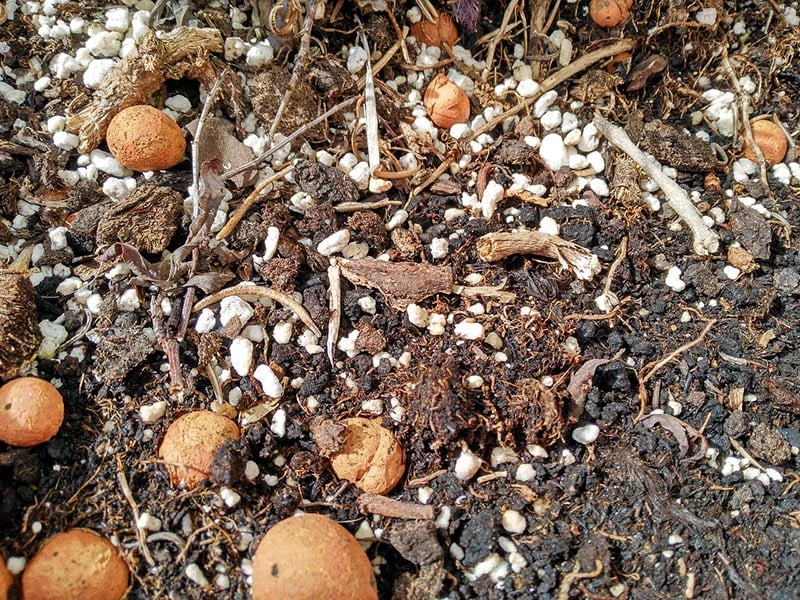
Is Compost or Fertilizer Better?
Compost and fertilizers are different, and each has its purpose. Fertilizers are suitable for plants that tend to grow quickly or sap a lot of nutrients from the soil during their growing period. If you had to choose one to use for a sustainable garden, you should focus on compost. Compost creates a healthy soil base and adds necessary nutrients, which in turn will feed plants in the long run. Fertilizers are short-term solutions that give plants a blast of concentrated nutrients for a small period of time. Some plants require fertilizer to grow, but if you want to create a sustainable long-term healthy garden, compost has a better return on investment.
Do You Need to Add Fertilizer To Compost?
No. If you have healthy soil or a good compost mixture, your plants will not need fertilizer. Plants only need fertilizer when they are deprived of nutrients. If you have healthy soil and nutrient-dense compost, then your plants will not be lacking in any key compounds. If you add fertilizer to healthy soil, the plants won’t use it, which will be a waste.
You only need to add fertilizer to the soil that is lacking in nutrients or for plants that are struggling. If you are using good soil and good compost, you should only need to add a little fertilizer to get your plants to thrive.
In Conclusion
Organic compost and organic fertilizer are similar but have some key differences. Compost is designed to feed the soil, while fertilizers are designed to feed plants directly. Both organic compost and organic fertilizer can be made or collected at home and can be used to create a garden that features a wholly organic label. You can use both organic compost and organic fertilizer in a garden, but they are used at different phases of the growing season. Non-organic composts and fertilizers are still safe and effective to use, but they contain inorganic compounds and chemicals that some people like to avoid.
Featured Image Credit: Left – Organic Compost (jokevanderleij8, Pixabay), Right – Organic Fertilizer (Pedal-to-the-Stock, Shutterstock)
Contents



